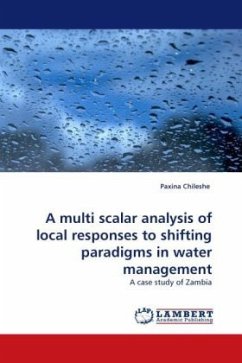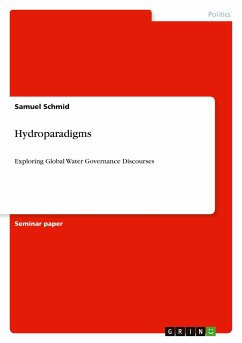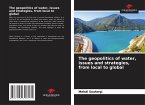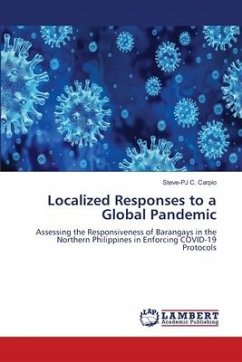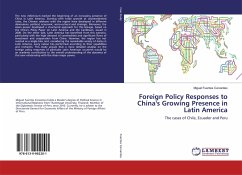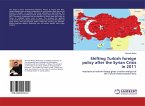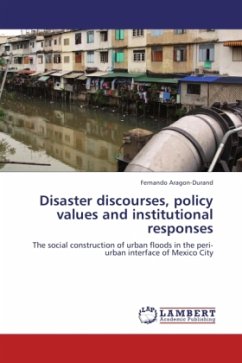This research is a multi scalar analysis of local responses to shifting paradigms in water management. It is an actor oriented study applying a political ecology framework that aims to demonstrate sometimes unforeseen and undesirable impacts of dominant approaches in water management using local narratives. It argues for a more localised approach incorporating the local responses to ensure sustainability and internalisation of the changes aimed at improving society for the benefit of the actors. The target populations would, in principle, recognise the benefits and accept them. The responses detailed in the case studies reveal disparities in the perceptions of the benefits between the target populations and the facilitators of improvement. They illustrate that real capacity and participation are lacking in most projects and programmes. They portray the paradigm shifts that occurs in a dual legal system balancing customary and common law and the manifestations of the modes of resource appropriation including clientelism, kinship, neighbourly relations, payment and leadership roles.
Bitte wählen Sie Ihr Anliegen aus.
Rechnungen
Retourenschein anfordern
Bestellstatus
Storno

